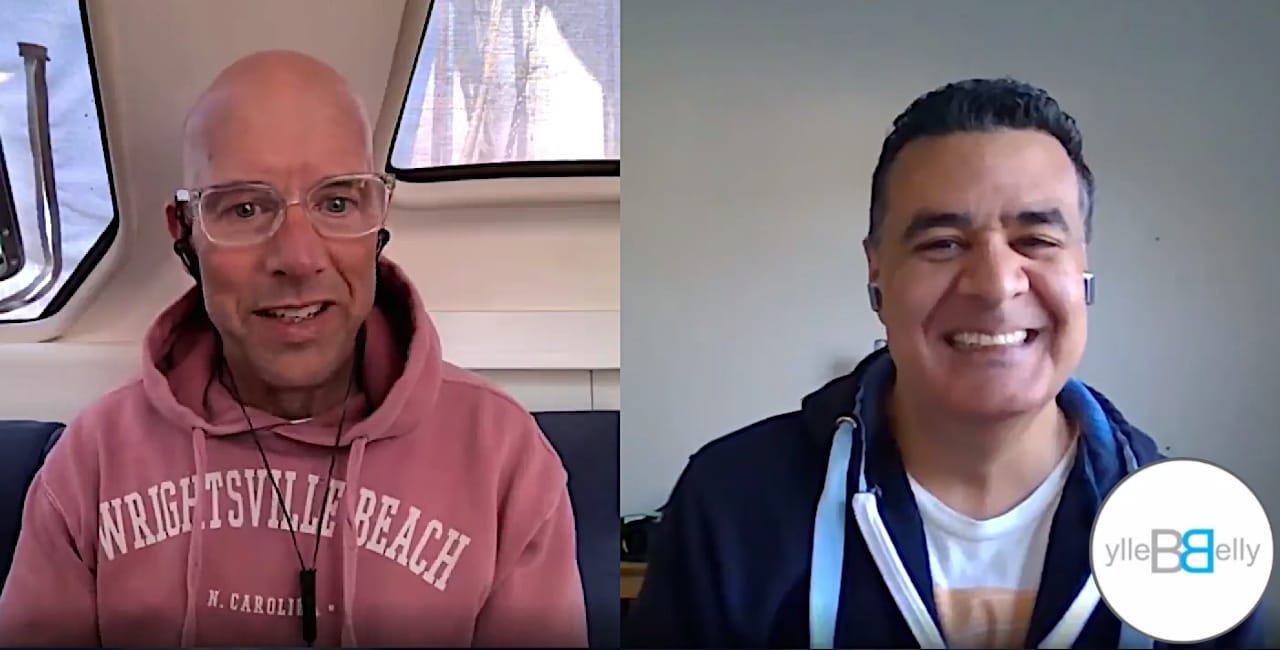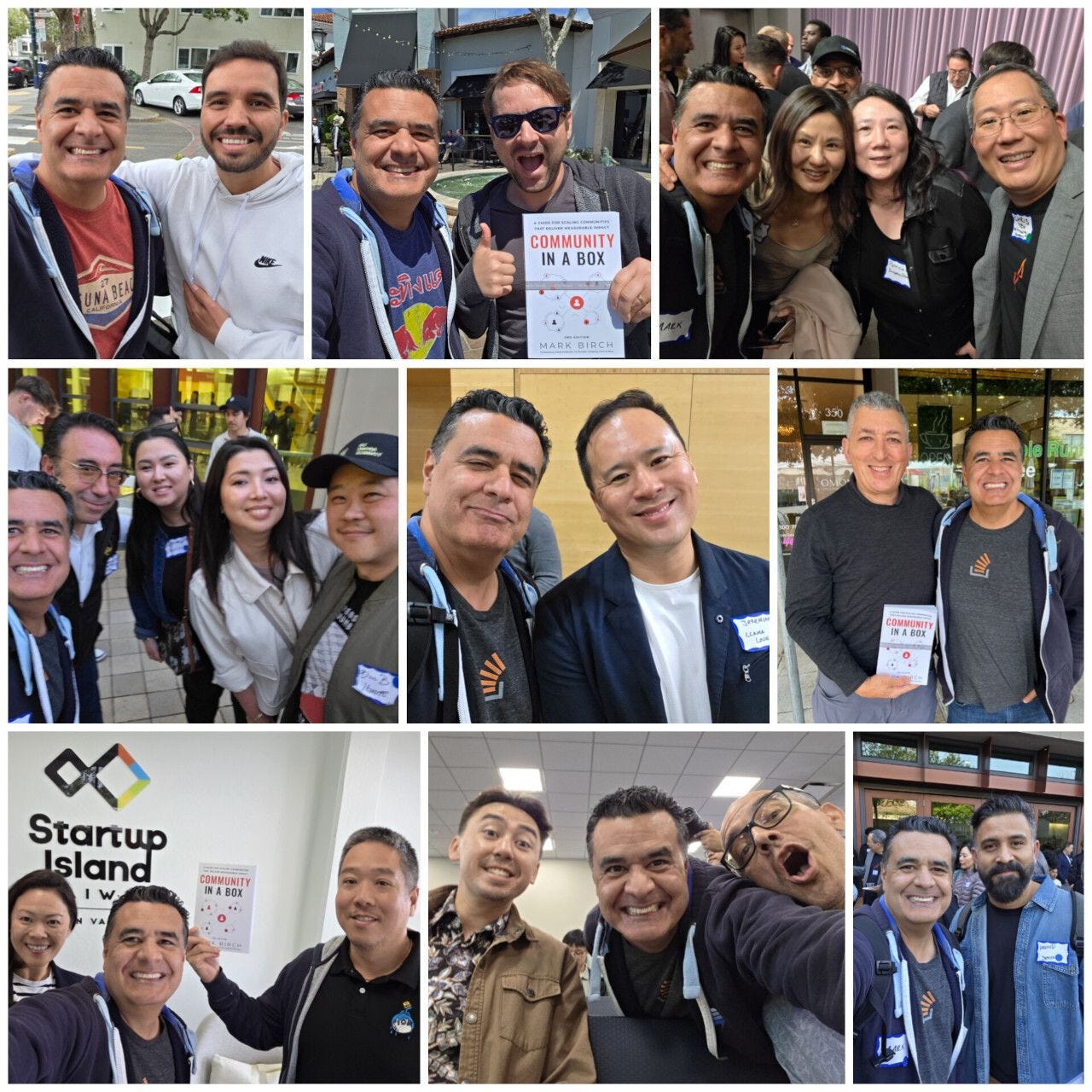Consultants
When external help for your startup can help and hurt
I had gotten some good news on the fund raising front for my first startup! A couple of women I had met during a startup pitch event mentioned their interest in investing. One was a former investment banker from Citigroup and the other was a corporate attorney that had worked for several Wall Street firms.
We met in person at a Midtown café to get to know each other better and dive deeper into my startup. Everything seemed to be going well. They were engaged and asked smart questions. Then I made the ask, “How much would you be able to commit to our seed round?”
They looked at each other and then me. Then they smiled as the former banker responded, “We can certainly help you find some really great investors for your startup, it’s really promising!”
I was confused, “So, are you saying it is promising, but you are not investing? Did I hear that right?”
She replied, “Well, we work with startup founders like youself to help you tap into pools of capital that you would normally not have easy access to.”
They then go into a long-winded explanation of what services they provide, their deep network of wealth individuals and family offices, and why working with them is the best way for me to succeed.
“Just to be clear, you do not invest in startups?” I knew the answer, but had no idea where to even take this conversation.
“Not exactly,” she was still smiling. “We work on a retainer basis to prepare you for investor meetings, refine your pitch, and introduce you to investors in our trusted network. If they invest, we will contribute out of our fund.”
I stared blankly at them, containing the growing rage inside for knowingly falling into this trap. “Uhm, so what is your retainer rate?”
The attorney piped in, “We start at $10,000 depending on the amount to be raised.”
“Is that it or are there other fees besides the retainer?”
“There is a 5% fee of funds raised. That is a success fee, but is only paid upon a successful fund raise.” They were still smiling.
I was wearing a pretty obvious frown at this point. I knew they could sense I was seething inside
After a very long pause, the banker says, “It seems like maybe we are not aligned. I truly apologize if you did not fully understand the services we provided when we met at the event.”
Like a wrestling match, the attorney tags in to take her turn, “I think your startup is doing incredibly innovative things in the HR space right now, this is why we are excited to work with you as you continue building your startup.”
She continued, “As you know, the funding environment is really challenging right now with the market in turmoil. It would be a shame if you had to pause your significant progress because of a lack the capital.”
“Yeah, I know. Look, I get what you do. I understand how your fees work. I am sure you have a great network of investors,” I replied, then stopped momentarily.
Then I finished my thought, “But if you are so convinced in my startup, you would invest upfront. I don’t need fund raising consultants, I need actual investors and customers today.”
Now that I am a startup founder again, one interesting observation is the flood of LinkedIn requests from people eager to help. There are software development shops, website builders, virtual assistants, digital marketing gurus, copywriters, fractional CXO’s, pitch coaches, fund raising advisors, growth bros, lead gen wizards, B2B sales specialists, SEO experts, and the generic pool of consultants that have been “hands-on” assisting X number of unicorns to startup success.
I appreciate the attention. As a founder, you quickly realize how lonely things can be and how hard it is to get anyone’s attention, even from your former colleagues. However, if you are in any of the above categories and we have not interacted before, I am not accepting your LinkedIn connection request.
I am not trying to be a jerk. I do not think of myself as too good for help or better than others. LinkedIn just does not happen to be the ideal place for these interactions. First, I am already overwhelmed by the number of connections I have on LinkedIn. Second, my time is extremely limited and dedicating focus to processing inbound cold outreach is unproductive.
Some of these people are probably quite knowledgeable and accomplished. Their LinkedIn headlines and profiles seem to be legitimate. At least for me though, I only want to connect with current startup founders, startup investors actively deploying capital, potential customers, and relevant people I meet at events. That is a better use of my time.
There are not a lot of things founders need when they are just starting. Early on, all you really need is validation that you have an idea worth building. That means having an idea, an audience or potential customers to test the idea with, and a tangible way to validate the idea. You are not hiring, fund raising, marketing, selling, managing people, building infrastructure, or anything related to scaling. Among many things startups do not need at this stage, engaging outsiders is a huge distraction.
Sometimes I get pushback on this advice. Maybe you need some help to develop your minimally viable product (MVP) to get initial customers or you are deathly afraid of sales or you have too many things on your plate and need to offload work. However, none of these requires the help of consultants. Depending on your target market and solution, your MVP can be built with no-code AI tools, or might not even need software at all. If sales is scary for you, maybe entrepreneurship is not for you because selling is definitely a requirement. And while I understand how busy startup life can be, you are better off prioritizing and cutting tasks than trying to do all the things.
This does not mean you should not use outside help when necessary. I am not a graphic designer, so I hired someone on Upwork for $100 to develop my logo and a basic brand kit with colors and fonts. For help on my website, I found a resource to design a template and layout for me to use. Before I released the second edition of Community-in-a-Box, I brought on one person for editing, another for typesetting, and a third to develop the book cover. This makes sense because for tightly scoped, short-term projects, someone else can do the work in a shorter amount of time with better results.
Can consultants be helpful later on? Absolutely when you have done the initial work to show your idea has market potential. The money spent on hiring outside help might be a worthwhile investment if it can smooth out some sticking points with your product or distribution. You can more easily define the scope of work to farm out and measure the success of the outputs a consultant is delivering. That work could range from marketing to design to pitch preparation to accounting to tech skills that your startup lacks. Consultants can also be a stop gap for recruiting so that you can conserve time and capital hiring full-time employees. If a consultant can deliver something significantly faster and with higher quality than you can accomplish, then it is worth it.
For the consultants reading this and thinking I am full-on dissing you: I am not. There are a lot of frauds out there in the startup world, but I have met many genuinely helpful advisors that have the credentials, credibility, and commitment to help founders. If that is you, you might want to consider the following tactics to have a better success rate connecting with founders:
Do not pitch over LinkedIn. If you send a connection request, realize that founders have dozens of similar requests. You can stand out by mentioning what you specifically like about their work. Then leave your email address in case they prefer email over connecting on LinkedIn.
Startups, before they close a seed round, are a dead end for opportunities. No startup needs what you offer that early on. Instead, just focus on connecting, tracking the founders through their social posts, and engaging when signals indicate an inflection point that they are making progress.
However, reaching out to founders early can be a good way to initiate a relationship before they build traction. Earn trust beforehand by delivering something of value such as providing useful content, giving some insightful recommendations, or offering free consultation time.
Never add founders to your newsletter by default. You have not earned the trust to simply spam them with your content. I only added people to my newsletter after we had a conversation and asking if I can add them to the newsletter.
Rather than reaching out to founders, consider becoming a mentor for accelerator / incubator programs, teaching at college entrepreneurship programs, or working with VC firms. Through the association, you gain social proof that you are a credible expert in your field.
Publish content that a founder can easily review to verify your credentials and understand how you work and present ideas. This should be more than testimonials. Be willing to give away some of your knowledge freely through a blog, videos, podcasts, book, or downloadable resources from your website. That is going to go a lot farther than simply saying you are an expert.
Stop using LinkedIn InMail to reach founders. It is a waste of time and everyone knows to ignore those messages. Just use connection requests or any number of email finder tools to find the direct email address for the founders.
To be clear, I am not hating on startup consultants. They are business owners doing their best to build their businesses. If you decide to engage a consultant, determine how they can accelerate progress in some specific way that you would not otherwise be able to within your own means. If you get this balance right, you will experience faster and better results.
Last week was a whirlwind of podcasts and travel. One podcast that just got released is with my friend Bill Kenney who has an awesome show called Belly2Belly. It’s a short but sweet podcast lasting fifteen minutes on a topic a guest is passionate about. Of course, I chose to chat about community building with Bill and dropped this gem, “Community is like a startup—with no revenue model (at first), but lots of passion.” Check out the episode on LinkedIn.
I also spent the week out in California catching up with some friends, meeting with founders, and attending a few events. One of the highlights was Llama Lounge, one of the biggest AI meetups (if not the biggest) in the Bay Area. What makes it so special is the collection of talent in one place for over three hours and longer. Everyone is there to meet other builders, learn about cool startups and projects, and maybe find opportunities to collaborate. This session was extra amazing as it was hosted at Stanford and half the attendees were students in the business and engineering schools looking for internships and exploring opportunities. Thanks to all the folks I met and big shout out to Jeremiah Owyang and Chris Yeh on another stellar event!
This week I am back in Taipei before I head over to Poland, Finland, and Estonia for the 42Geeks Northern Europe tour. If you want to catch up while I am in Taiwan, please ping me. I will also be at the All-Chambers event on Thursday if you happen to be attending that!






